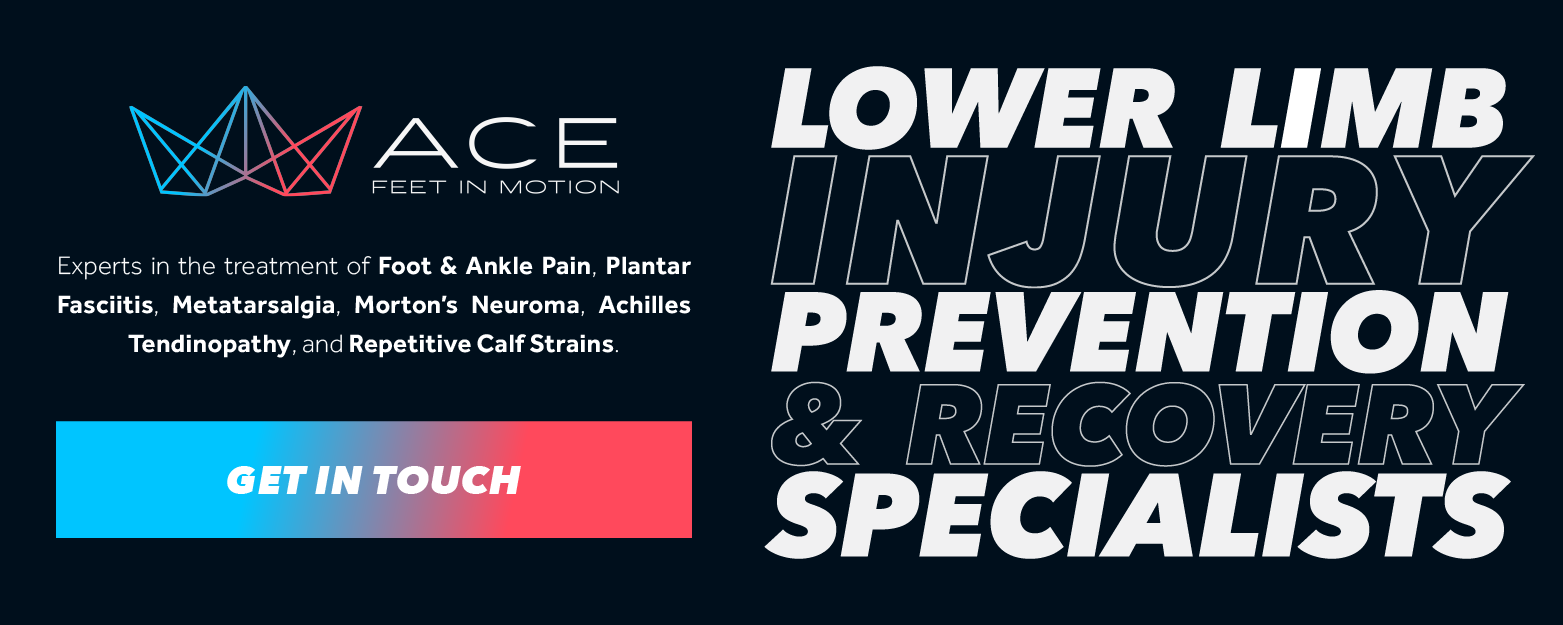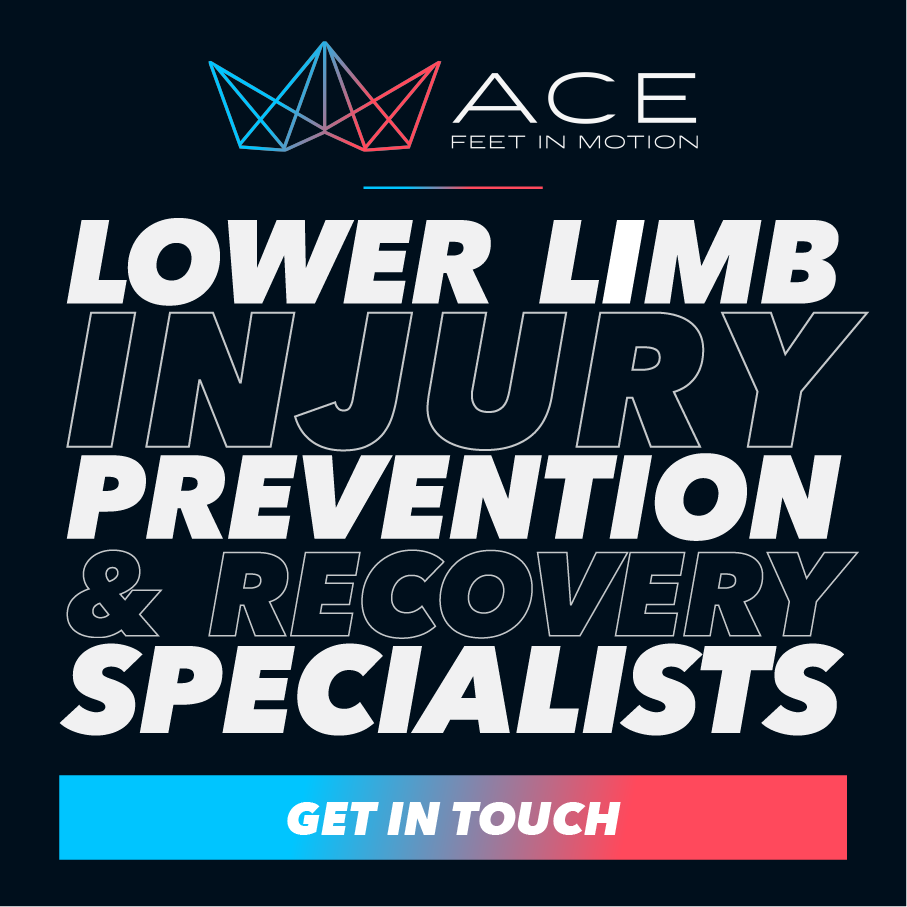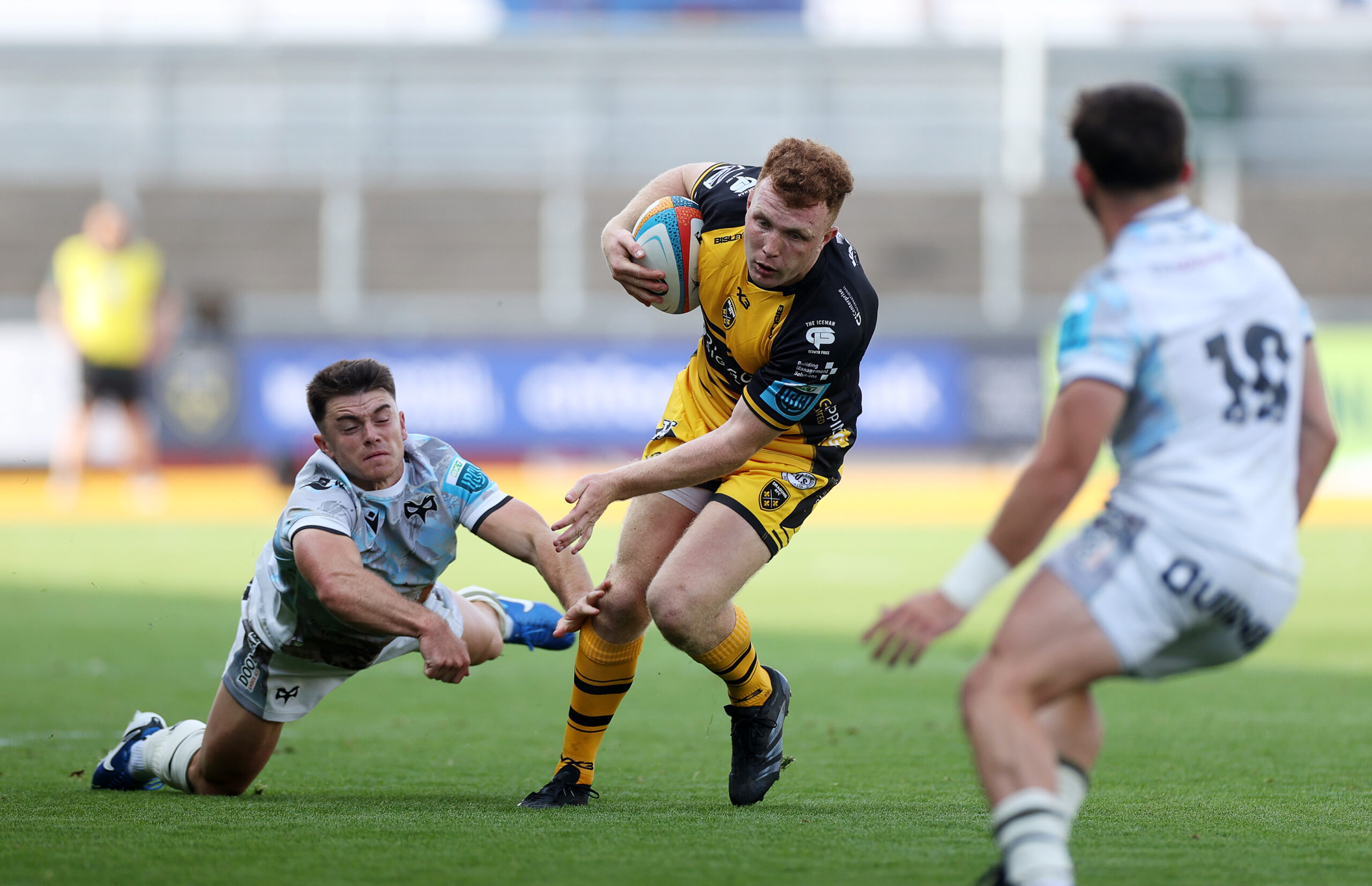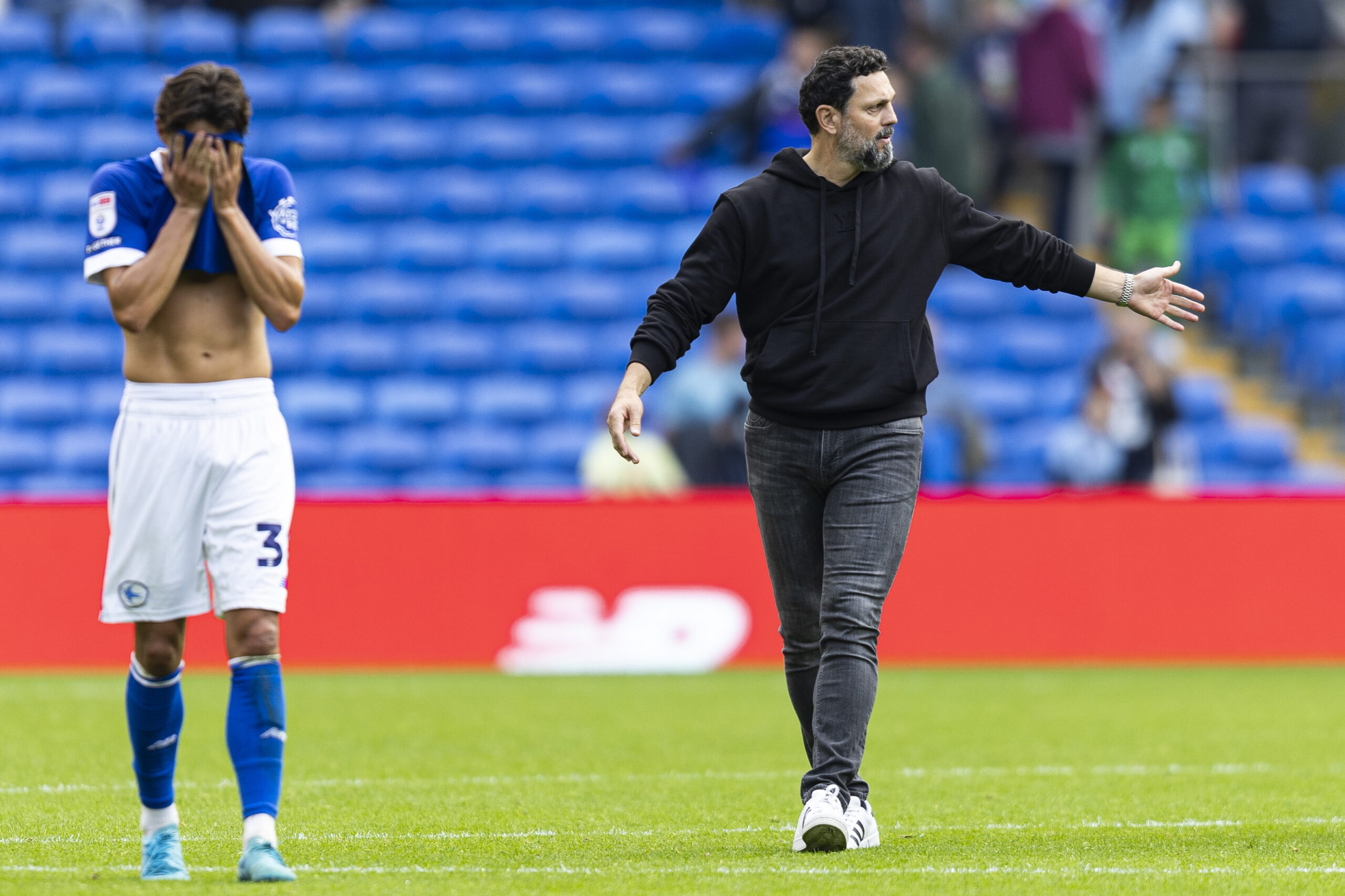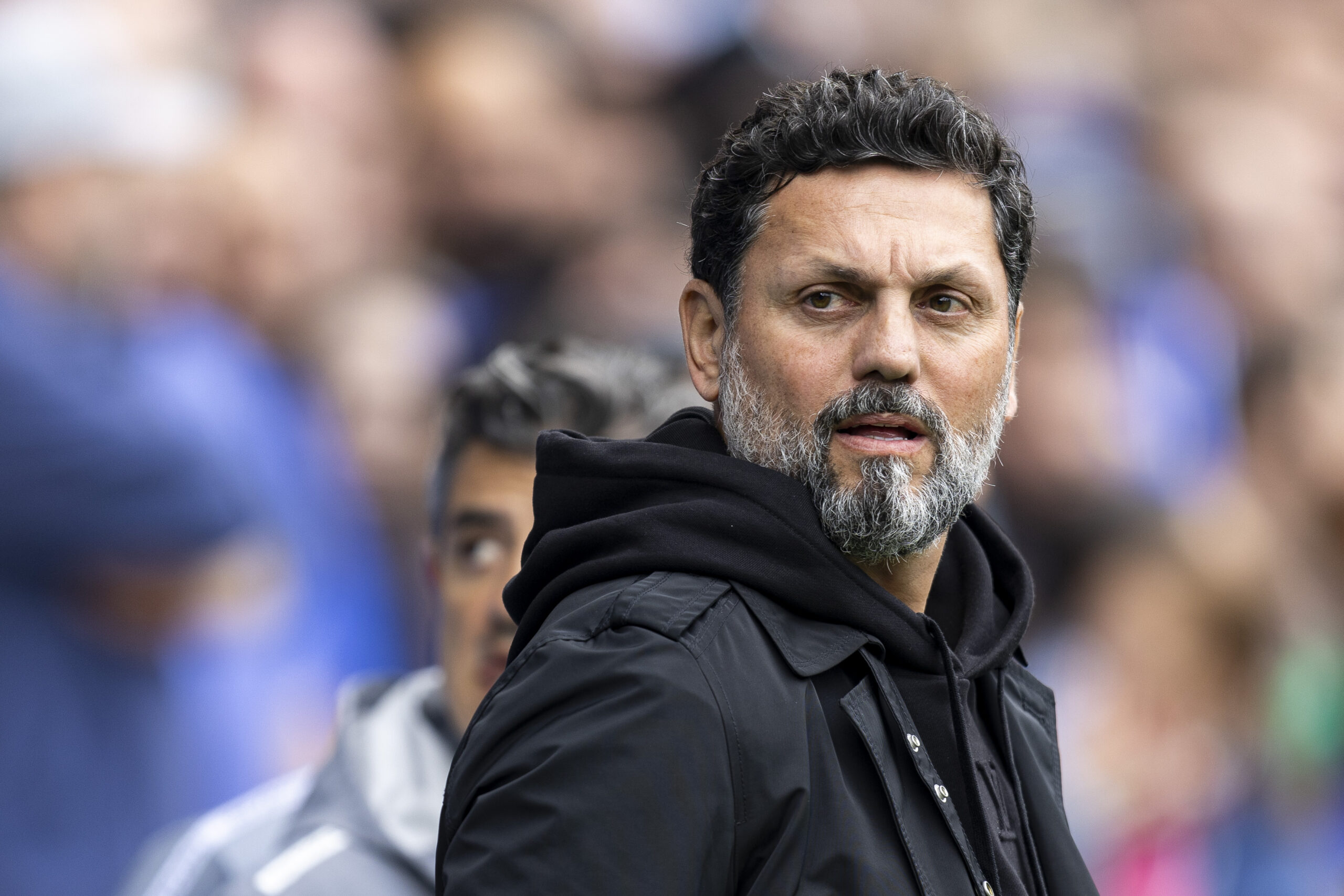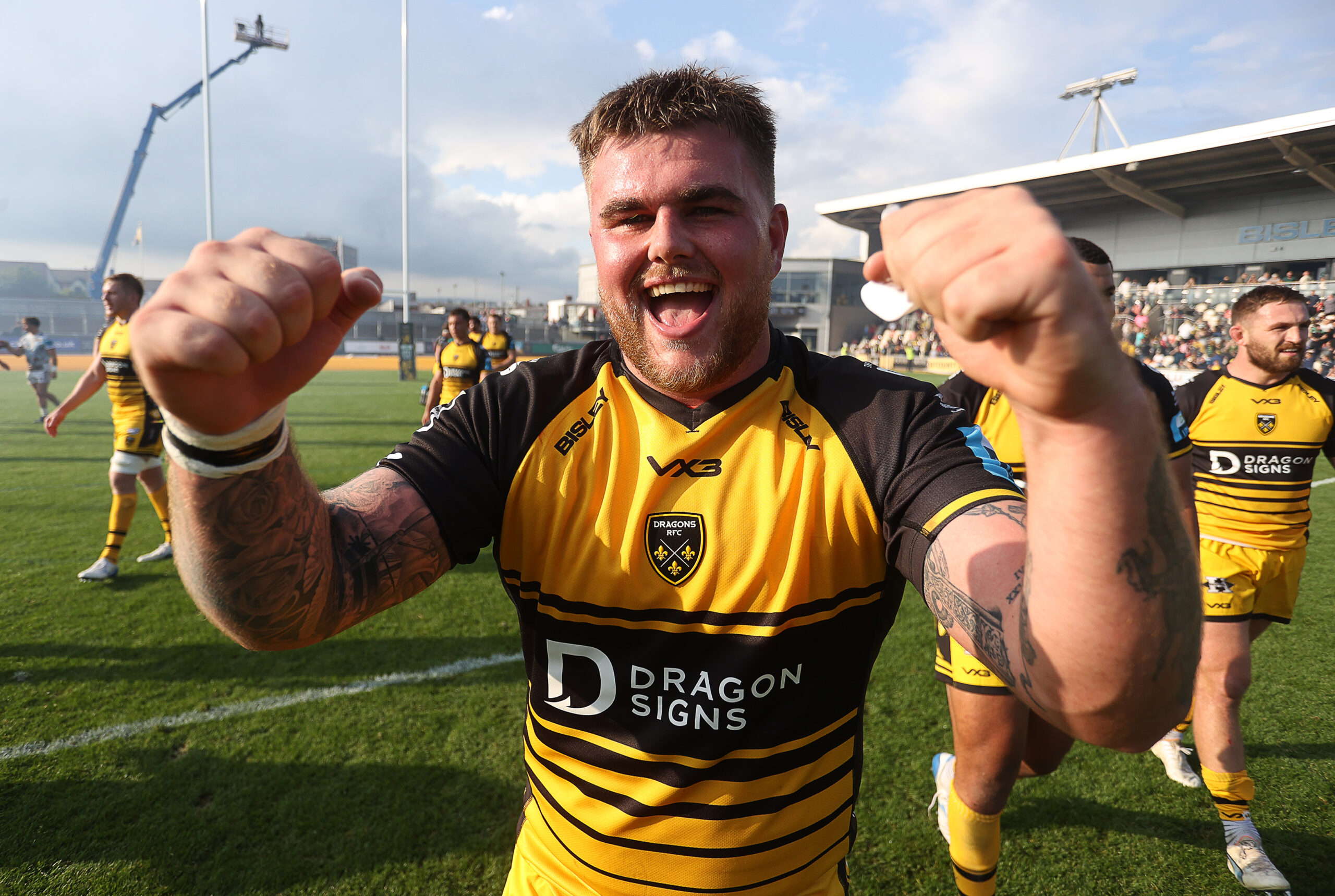Carew: ‘If You’re Aged Six To 60 And Have A Disability, There’s A Place For You’
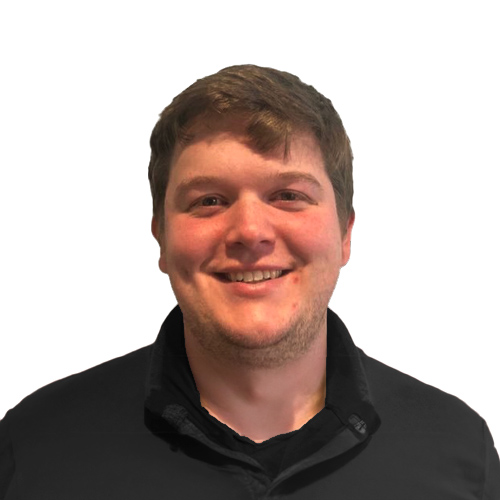
Carwyn Harris
Ex-army veteran Darren Carew is proving that the old rugby adage of being a sport for ‘all shapes and sizes’ has never been more true.
Last month also saw the Paralympic Games in Paris as the world’s best disabled athletes went head-to-head.
Great Britain sent a wheelchair rugby team to the Games who reached the final, only to lose narrowly by the USA.
Wheelchair rugby isn’t the only version of rugby open to those with disabilities, and who better to ask about it than the WRU’s National Inclusion Manager, Darren Carew.
Carew was part of the British military, joining in 1997, touring Northern Ireland, Kosovo twice, two tours of Iraq and then finally Afghanistan in 2008.
“By Afghanistan, I was a commander,” explains Carew.
“I was in the lead vehicle in a place called Musa Qala, traversing through an area which was pretty open, and my vehicle went over quite a sizable IED, injuring myself and two of my team.
“The two others ended up becoming amputees. I was quite stubborn, spent five years, had multiple operations and after the final one, I woke up in hospital in absolute agonising pain.
“I decided I wanted to have my leg amputated, which sounds a bit gross and extreme but it’s unbelievable what a person will do when they’re pushed into a corner.
“That must have been in 2012, then I spent the next two years at Headley Court where injured soldiers go to rehabilitate, learning to walk again and run again.”
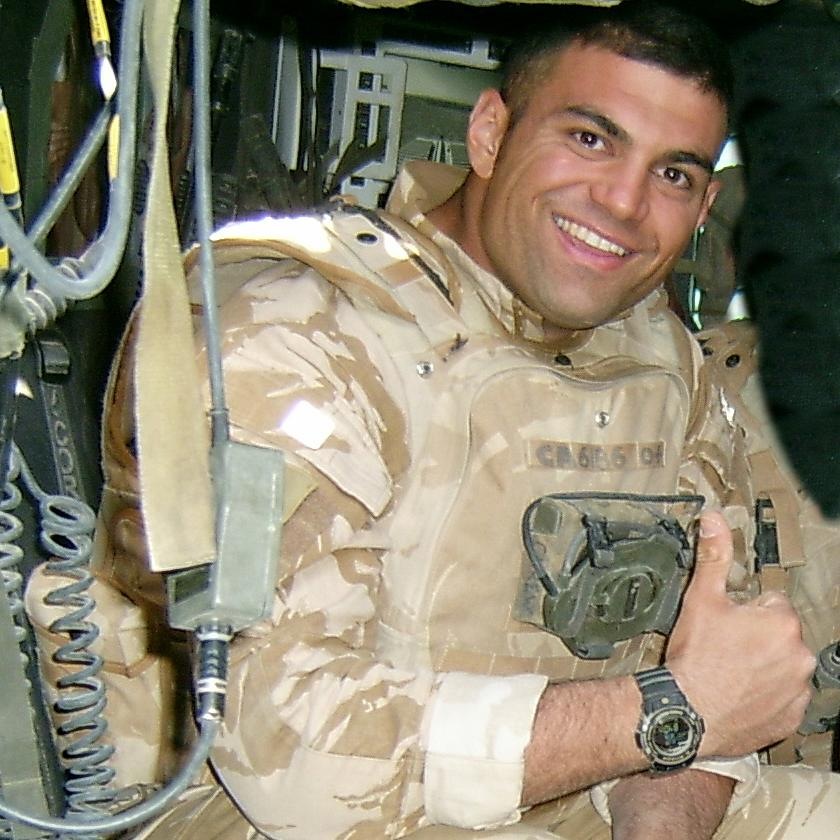
After that, Carew was medically discharged from the army becoming ‘a pensioner’ in his thirties.
Carew moved back to Wales and settled back in the Upper Swansea area.
“I started becoming the parent on the touchline with too much time on his hands at my local rugby club Ystradgynlais, assisting the coach because I was bored,” says Carew.
“I then did my coaching level one. I was an instructor in everything in the military and my transition into coaching was pretty seamless.
“I met Nigel Way who lit the fire under me with regards to inclusive rugby, he invited me down to a Disability Six Nations event, of which there was only one at the time in Ystrad Mynach.
“It blew my mind, there were hundreds of children there with disabilities all having an incredible time and my inquisitive mind thought, what do they do when they’re older?
“Nigel helped me get in touch with the WRU and I suggested a bunch of things they could be doing and by 2016 I was employed as a community coach, running my own disability programs across Wales.”
Two years later Carew had a full-time role as the WRU’s Disability Rugby Coordinator before being promoted in 2021 to the role of National Inclusion Manager.
The role means that Carew is not only looking after disability but also “low socioeconomic groups, ethnically diverse communities, along with LGBTQIA+”.
“I’m not a people person, but professionally I am,” Carew adds.
“I can connect with people, educate them. A reason we’ve been so successful specifically in the disability space is the ability we’ve had to train up our own staff.
“I’m extremely proud of the work we’ve been able to do particularly around disability. If you’re aged six to 60 plus and have a disability, there’s a place for you. The disability Six Nations has gone from one standalone event to every region holding a minimum of one.
“Scarlets for instance have one in Aberystwyth, one in Haverfordwest and one in Llanelli.”
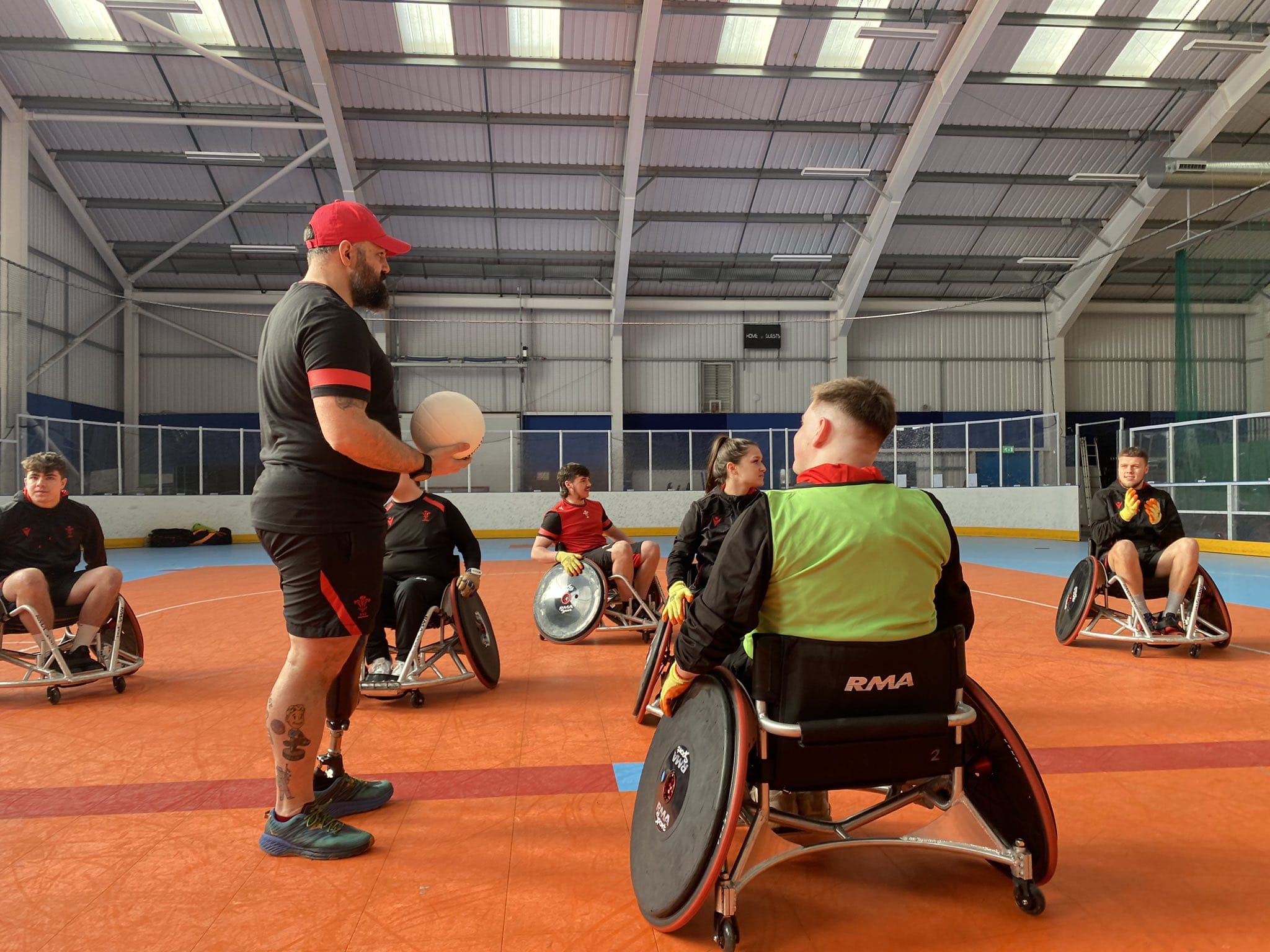
These events help to inspire the next generation of athletes, whilst also spreading the word on different forms of rugby available to those with disabilities.
These, along with events such as Disability Sport Wales’ inSport series outlined in last month’s magazine provide young people with an opportunity to trial sports such as wheelchair rugby.
“I think we’re the only union outside of Great Britain wheelchair rugby that have 30 of our own rugby wheelchairs,” says Carew.
“10 based in East Wales, 10 in West Wales and 10 in North Wales and we’ve got over a hundred hub officers qualified as level one wheelchair rugby coaches.
“We have agreements in place with Disability Sport Wales and with Great Britain Wheelchair Rugby to develop wheelchair rugby in Wales.”
The opportunities available aren’t limited to grassroots rugby, far from it.
England’s 2022 Rugby League World Cup showcased mixed ability teams and wheelchair rugby league alongside men’s and women’s tournaments. Carew believes there may be an opportunity for this in the future.
While wheelchair rugby union in the Paralympic format is focused on team GB, Carew believes there are other formats which may offer people an opportunity in the future to wear the red of Wales.
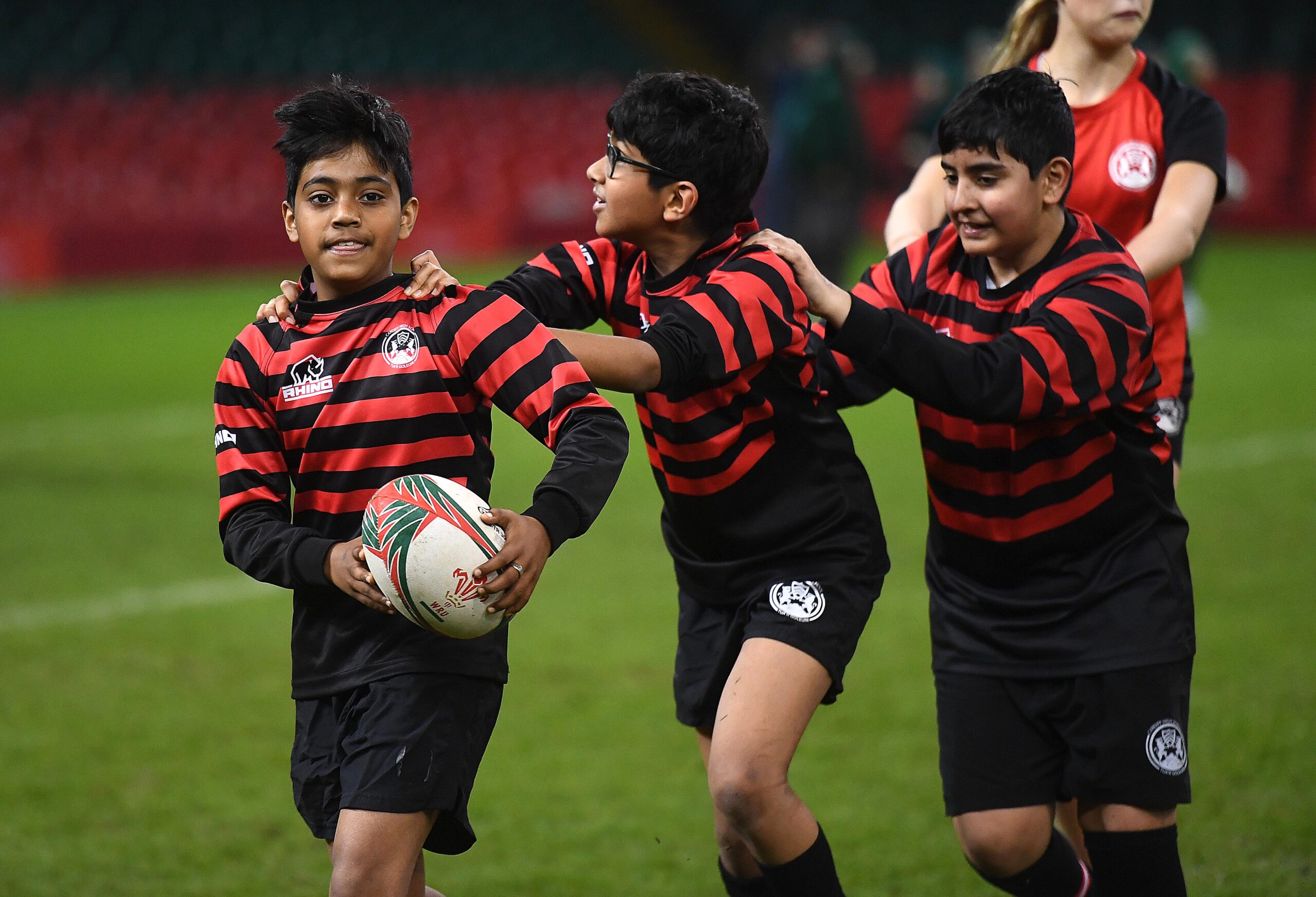
“One of the areas we are looking at is the potential of fives which is a bit more of an open category than the paralympic format,” says Carew.
“Myself for instance, I’m missing my left leg, but I can’t play the Paralympic format as I don’t have an upper and lower body impairment.
“We do feel we have the potential for alignment there, creating five teams in the future and then maybe a Six Nations as the game grows.”
There are also the MARI’s or Mixed Ability Rugby Invitationals, a team much like the Barbarians, a travelling side made up of all teams from around the world. The first match of which was at the Principality Stadium.
“The adage that rugby is a sport for all shapes and sizes is particularly apt and in the disability space it aids social development, creating lifelong bonds as I can say from personal experience,” says Carew.
“The regions also support the WRU in the delivery of our annual Inclusion Day at the Principality Stadium which gives us the opportunity to provide an unforgettable experience to many of the players across these and the other inclusive formats and raise the profile of inclusive rugby in Wales.
“We have visually impaired rugby as well, sevens for people that are B2 to B4 category and mixed ability teams.
“When I first started at the WRU my first job was to identify what was existing and where the gaps were. I learnt about our mixed abilities teams. Wales has the oldest mixed abilities team in the world, based in Swansea called Swansea Gladiators.”
All that will help in raising the profile of wheelchair rugby and disability rugby as a whole.
Wales held the Wheelchair rugby European Championships at the Principality Stadium in 2023, an event Carew was “heavily involved” in bringing to Wales.
“It was an incredible experience,” says Carew.
“We engaged over 7,000 people through wheelchair rugby, our original goal was a lot lower.
“We wanted to build that energy and the momentum to help develop the teams in Wales. I got to run the final session in the stadium just before they started kicking off the event and it was a really special occasion.”
If you want to read more pieces from Sportin Wales, why not read to our monthly magazine here or subscribe to the magazine and newsletter at https://sportin.wales/subscribe/.
Our podcast is back for the new season and you can find that here or the video version on our YouTube channel.
You can also keep track of our pieces on our socials at @Sportin_Wales on X, Sportin Wales on Instagram and Facebook.




